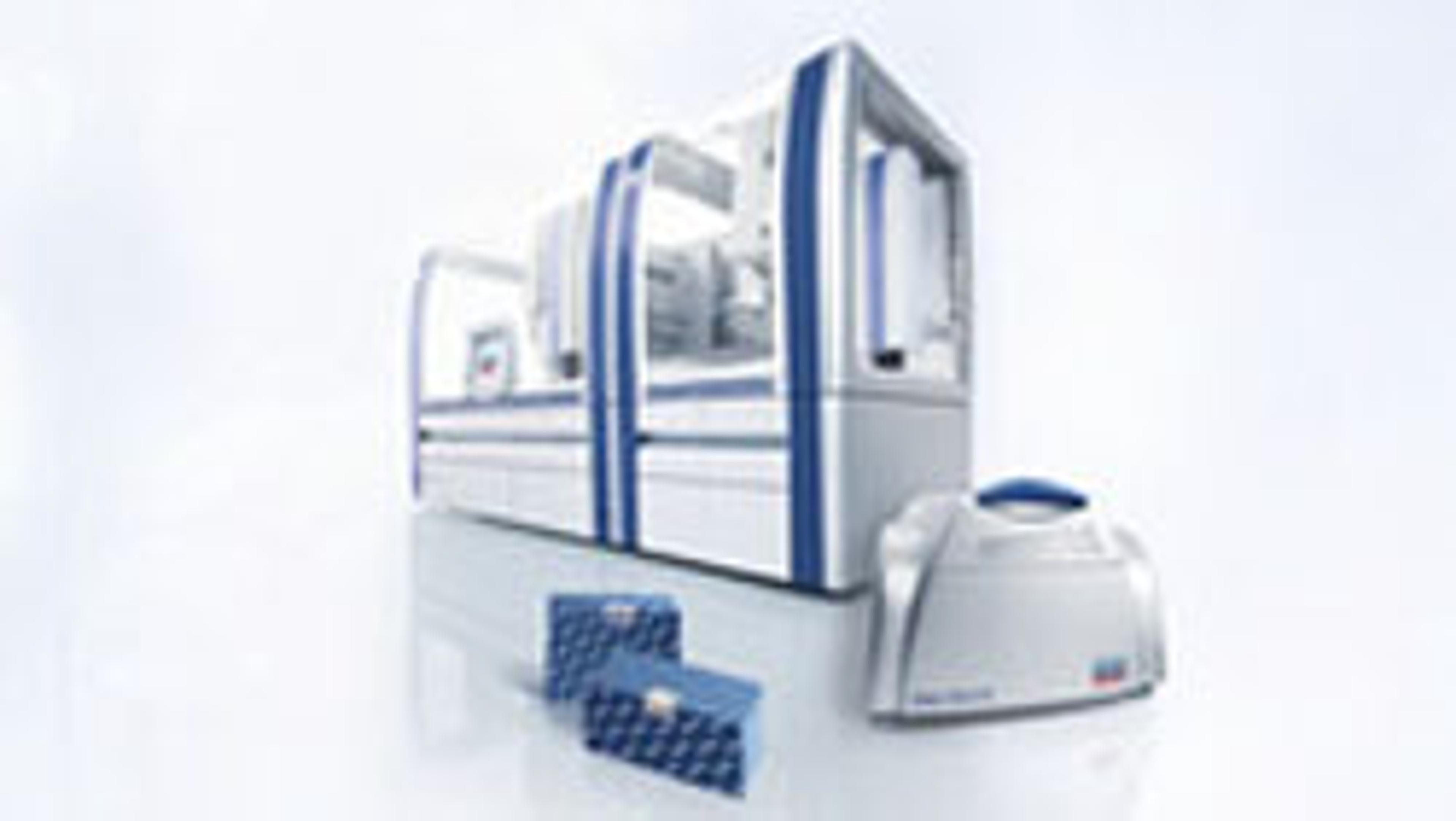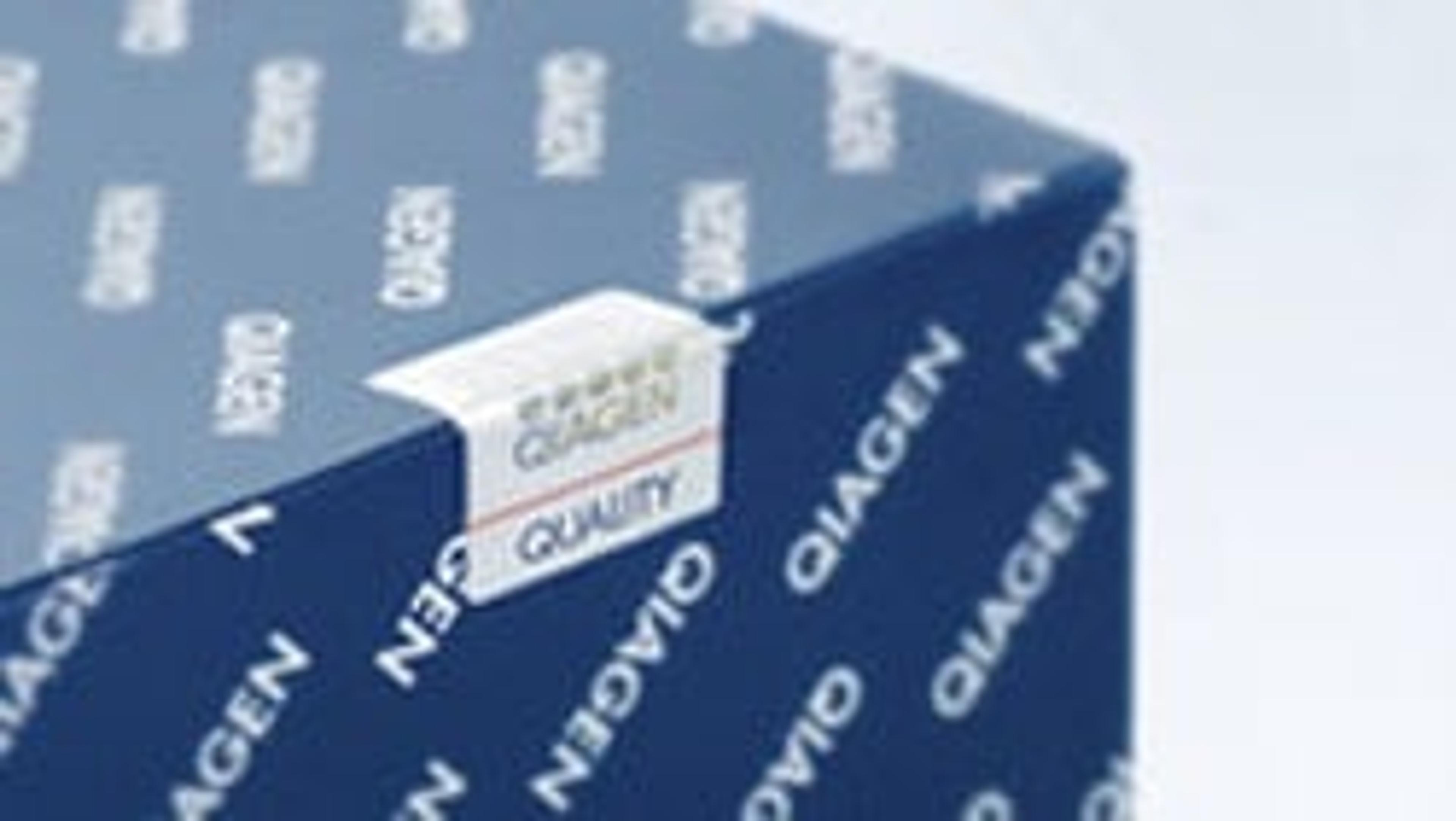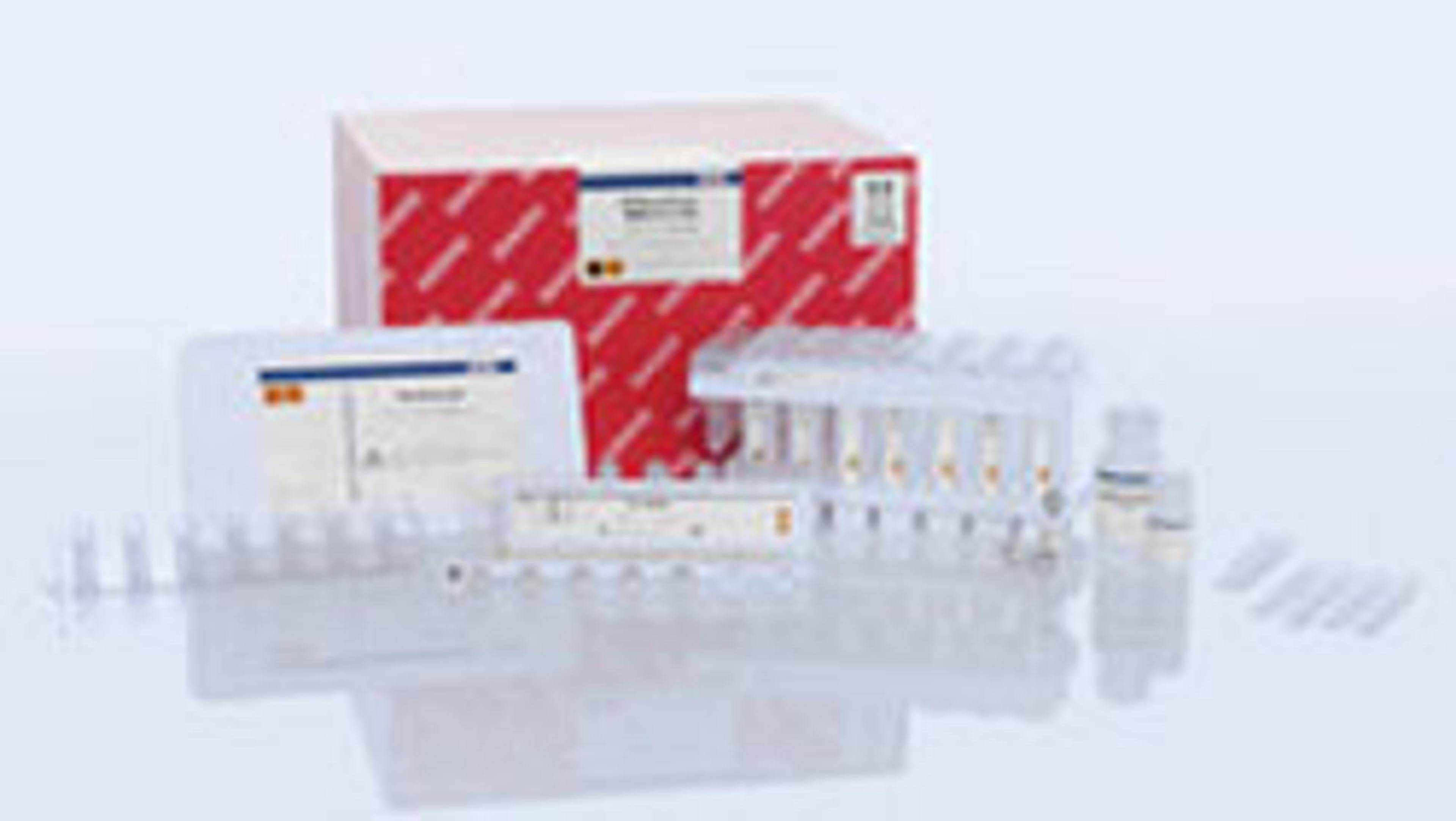New FDA-Cleared JAK2 Biomarker Test for Blood Cancer Type
New biomarker test designed to aid diagnosis of patients suspected of having Polycythemia Vera form of blood cancer
30 Mar 2017
QIAGEN has announced the U.S. launch of its ipsogen® JAK2 RGQ PCR Kit (ipsogen JAK2 assay), which was cleared by the U.S. Food and Drug Administration as a qualitative in vitro diagnostic test for the detection of the JAK2 V617F/G1849T allele in genomic DNA extracted from EDTA whole blood.
The ipsogen JAK2 assay is processed on QIAGEN’s Rotor-Gene® Q MDx system, which is a member of the modular QIAsymphony® family of automation solutions that offers a full Sample to Insight workflow. It also marks the fifth FDA clearance or approval of a QIAGEN oncology-related test for personalized healthcare. QIAGEN continues to expand its pipeline of Sample to Insight technologies for personalized healthcare applications and intends to submit more tests for regulatory clearance or approval. More than 20 master collaboration agreements have been reached with leading pharmaceutical and biotech companies to co-develop and market companion diagnostics assays.
QIAGEN’s ipsogen JAK2 assay is the first and only FDA-cleared kit for the JAK2 V617F mutation, which found in nearly all patients with Polycythemia Vera and belongs to a group of blood cancers known as myeloproliferative neoplasms (MPNs) that affect about 300,000 patients in the United States. The JAK2 V617F mutation is important for the diagnosis of Polycythemia Vera (PV), according to the 2016 World Health Organization classification of myeloid neoplasms. About 9,000 new PV cases a year are diagnosed.
“We are pleased to be able to offer our ipsogen JAK2 assay, which is already available in Europe and other markets, for use in the United States and make it easier for hematologists and oncologists to follow recommended diagnostic testing algorithms and international guidelines for suspected PV patients,” said Thierry Bernard, Senior Vice President and Head of QIAGEN’s Molecular Diagnostics Business Area. “This milestone affirms QIAGEN’s global leadership in molecular diagnostics for hemato-oncology, and also expands the utility of our QIAsymphony automation system. Our innovative PCR and NGS Sample to Insight workflows are enabling continued progress in clinical research and diagnostic testing for leukemia, and helping physicians to improve outcomes for patients around the world."
QIAGEN is at the forefront of developing oncology tests to diagnose, guide the selection of therapies and monitor the treatment of cancer patients. QIAGEN offers a range of Personalized Healthcare assays for use around the world under the ipsogen (blood cancers) and therascreen (solid tumors) brands, covering about 30 biomarkers and spanning a range of automation platforms and tumor sample types.
The ipsogen JAK2 assay is the latest addition to QIAGEN’s ipsogen market-leading portfolio of assays for common and rare leukemia types. In Europe, QIAGEN offers the CE-IVD marked ipsogen® CALR RGQ PCR Kit for identification and detection of various mutations of the Calreticulin (CALR) gene in patients with suspected MPNs. The ipsogen JAK2 and CALR test kits are highly synergistic, and can be processed on the QIAsymphony platform from a single patient sample. These genes are also included in the MPN and leukemia NGS panels which QIAGEN is currently developing for its GeneReader NGS platform and which are expected to launch later in the year for clinical research. QIAGEN is the exclusive licensee of intellectual property rights covering detection of the V617F JAK2 mutation and CALR mutations for diagnostic purposes.
The clinical performance of the ipsogen JAK2 assay was evaluated during a multicenter, international, prospective, interventional study. This study demonstrated high sensitivity (94.6%) and specificity (98.1%) for the diagnosis of PV, together with a 100% positive percentage agreement and a 99.4% negative percentage agreement to bi-directional sequencing (BDS).
*The ipsogen JAK2 assay is intended for use as an adjunct to evaluation of suspected Polycythemia Vera, in conjunction with other clinicopathological factors. This test does not detect less common mutations associated with Polycythemia Vera including mutations in exon 12 and is not intended for stand-alone diagnosis of Polycythemia Vera.



